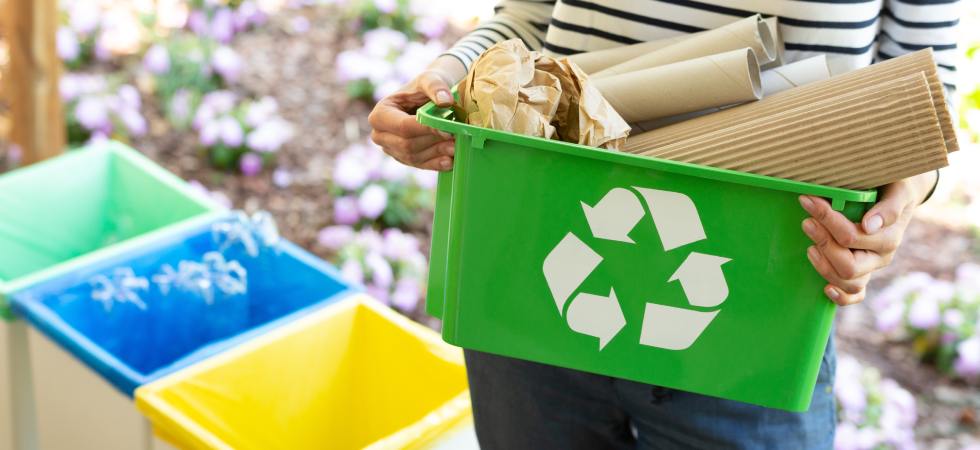Are You Recycling Correctly? Common Mistakes To Avoid
Most people recycle with good intentions, but many common errors can contaminate entire batches of recyclables. Are you recycling correctly? Knowing the following common mistakes to avoid can help protect the environment and make your efforts more effective.
Understanding proper recycling practices saves time, money, and natural resources while reducing landfill waste.
Throwing Pizza Boxes in the Recycling Bin
Greasy pizza boxes belong in your regular trash, not the recycling bin. Oil and cheese residue contaminate paper recycling streams, making the entire batch unusable. The grease soaks through cardboard fibers, creating problems during the recycling process.
Understanding how different materials, like cardboard, interact with recycling systems is crucial for avoiding contamination and ensuring proper disposal. For example, knowing whether a paper shredder can handle cardboard can help you manage waste more effectively.
Forgetting to Rinse Food Containers
Food residue turns recyclable containers into contaminated waste. Peanut butter jars, pasta sauce containers, and yogurt cups need thorough cleaning before recycling. Even small amounts of leftover food can spoil entire recycling loads.
The cleaning process takes minimal effort but makes a huge difference. Rinse containers with warm water and remove labels when possible. You don’t need perfect cleanliness—just remove obvious food particles.
Bagging Your Recyclables
Plastic bags can cause major issues at recycling facilities by clogging sorting machinery, leading to delays and costly repairs. Even if it seems like a good idea to use them for organization, recyclables should never be placed inside plastic bags, as they can’t be processed correctly. Instead, always place your recyclables loose in your recycling bin to ensure they are sorted correctly.
For plastic bags and other film plastics, take them to designated collection points at grocery stores, where they can be recycled safely and efficiently. Every small effort helps keep the recycling process running smoothly!
Recycling Non-Recyclable Plastics
Not all plastics work for curbside recycling. Check the recycling numbers on containers—many areas only accept numbers 1 and 2. Items like plastic utensils, straws, and chip bags typically belong in regular trash despite being plastic.
Common non-recyclable plastics include:
- Plastic wrap and film
- Disposable cups and lids
- Takeout containers (check local guidelines)
- Plastic bags and shopping bags
Wishful Recycling Habits
Wishful recycling occurs when people dispose of questionable items in recycling bins, hoping they’ll be adequately processed. This approach creates more problems than solutions. When in doubt, throw it out through regular waste channels.
Research your local recycling program requirements. Most municipalities provide detailed lists of acceptable materials online or through printed guides.
Whether you’re learning proper recycling techniques to avoid common mistakes or teaching others, small changes create a great environmental impact. Check with your local waste management company for specific guidelines in your area, and remember that proper recycling starts with understanding what belongs where.

